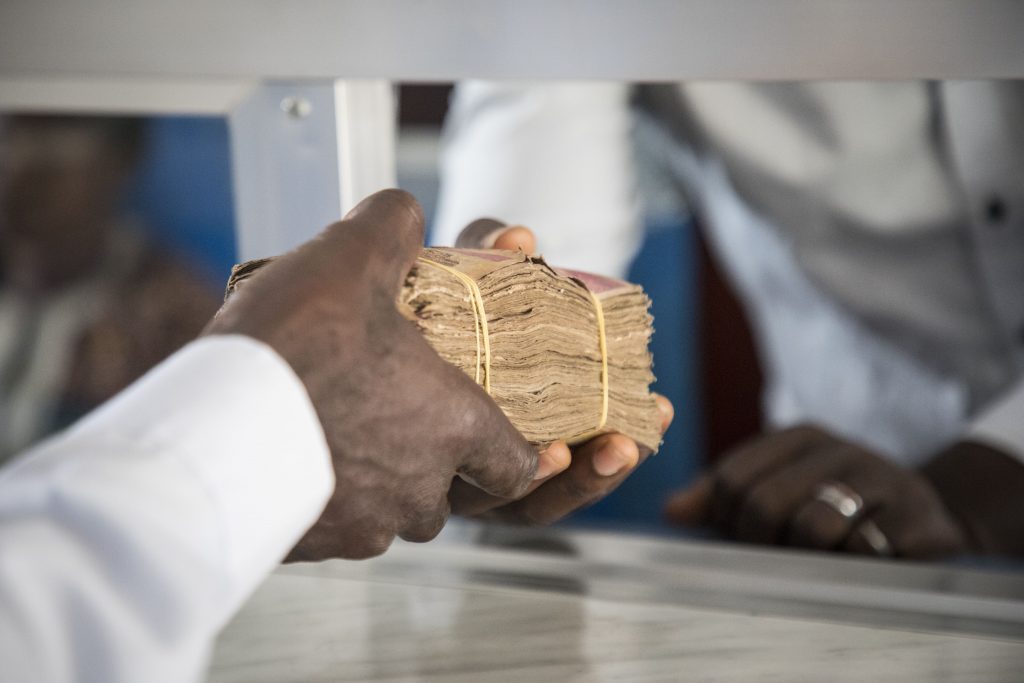It is well documented that the COVID-19 crisis is putting pressure on the financial assets of farmers, small and medium-sized enterprises (SMEs), and other actors in agricultural value chains across the world. The pressing need for working capital and trade finance that many agri-SMEs need to keep afloat is increasingly being discussed. Against this need, policymakers have largely focused attention on the response capacity of regulated financial service providers (FSPs) such as rural and agricultural banks, commercial banks, and also second tier banks.
However, addressing the financial needs of entrepreneurs in the sector requires that different types of finance providers have the capacity to respond while themselves staying afloat. In this context, it is critical to consider the roles of aggregators providing value chain finance, non-bank financial institutions (NBFIs) with specific focus on the underserved segments in the sector, and impact investors with assets either in these institutions or in agri-SMEs.
This panel will focus on the third group of actors, notably venture capital providers, impact funds and development finance institutions (DFIs). The discussion will be kicked off by the presentation of a recent research note produced by Dalberg for the KfW Agriculture Finance Programme, entitled “Impact of COVID-19 on Agriculture SMEs”.
Panellists will then engage questions around the following:
- How is the crisis affecting the demand for impact finance in the sector, particularly among NBFIs, microfinance institutions (MFIs) and agri-SMEs?
- What new risks and opportunities does COVID-19 bring to their existing portfolio and the potential pipeline of impact investors in this sector?
- How are investors responding to these new risks and opportunities, and what are the challenges in doing so?
- Is there scope for better coordination among different types of impact finance providers – particularly private impact investors and DFIs – to address the financial needs of agri-SMEs, NBFIs and MFIs against COVID-19?
COVER PHOTO:
©IFAD/Barbara Gravelli
